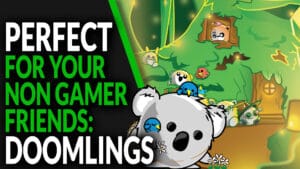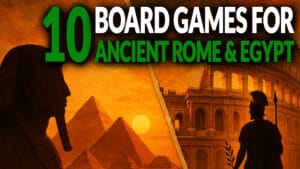What does it take to claim the Iron Throne? Is it raw military power, the ability to forge unbreakable alliances, or the cunning to betray them at just the right moment? A Game of Thrones: The Board Game – Digital Edition challenges you to answer that question as you lead one of Westeros’s Great Houses in a battle of wits, strategy, and deception. Based on the best-selling board game from Fantasy Flight Games, this digital adaptation brings all the ruthless political maneuvering of A Song of Ice and Fire to your screen. But does it live up to the experience of the physical game, or does it lose something in translation? Let’s find out.
The Game
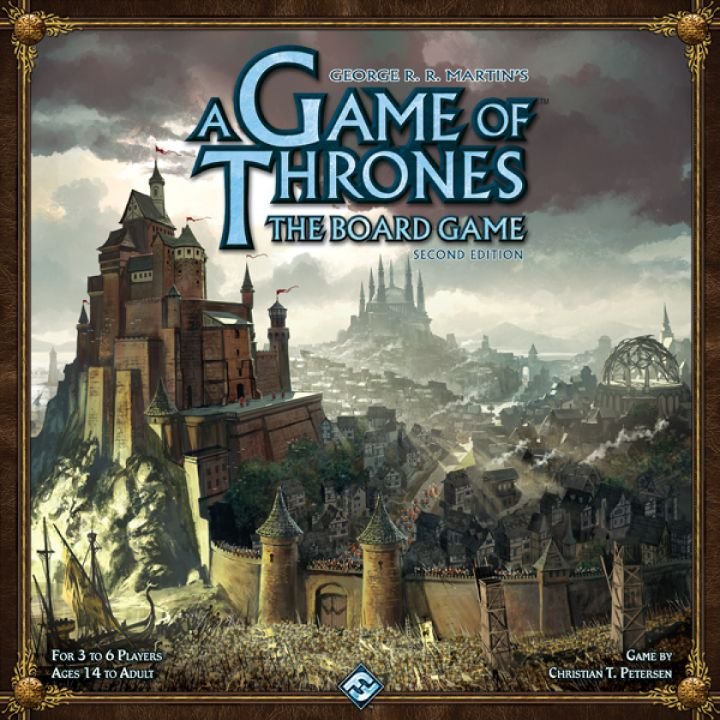
The foundation of A Game of Thrones: The Board Game – Digital Edition is its source material: the A Song of Ice and Fire series by George R.R. Martin. Unlike many games set in this universe, this isn’t about action-packed battles or controlling a single character in an RPG setting. Instead, this is a deeply strategic experience where you take command of one of the Great Houses of Westeros and seek to claim the Iron Throne through a combination of military conquest, diplomacy, and subterfuge. The game is not about mindless aggression—winning requires careful planning, alliance-building, and knowing exactly when to stab your so-called allies in the back.
The Gameplay
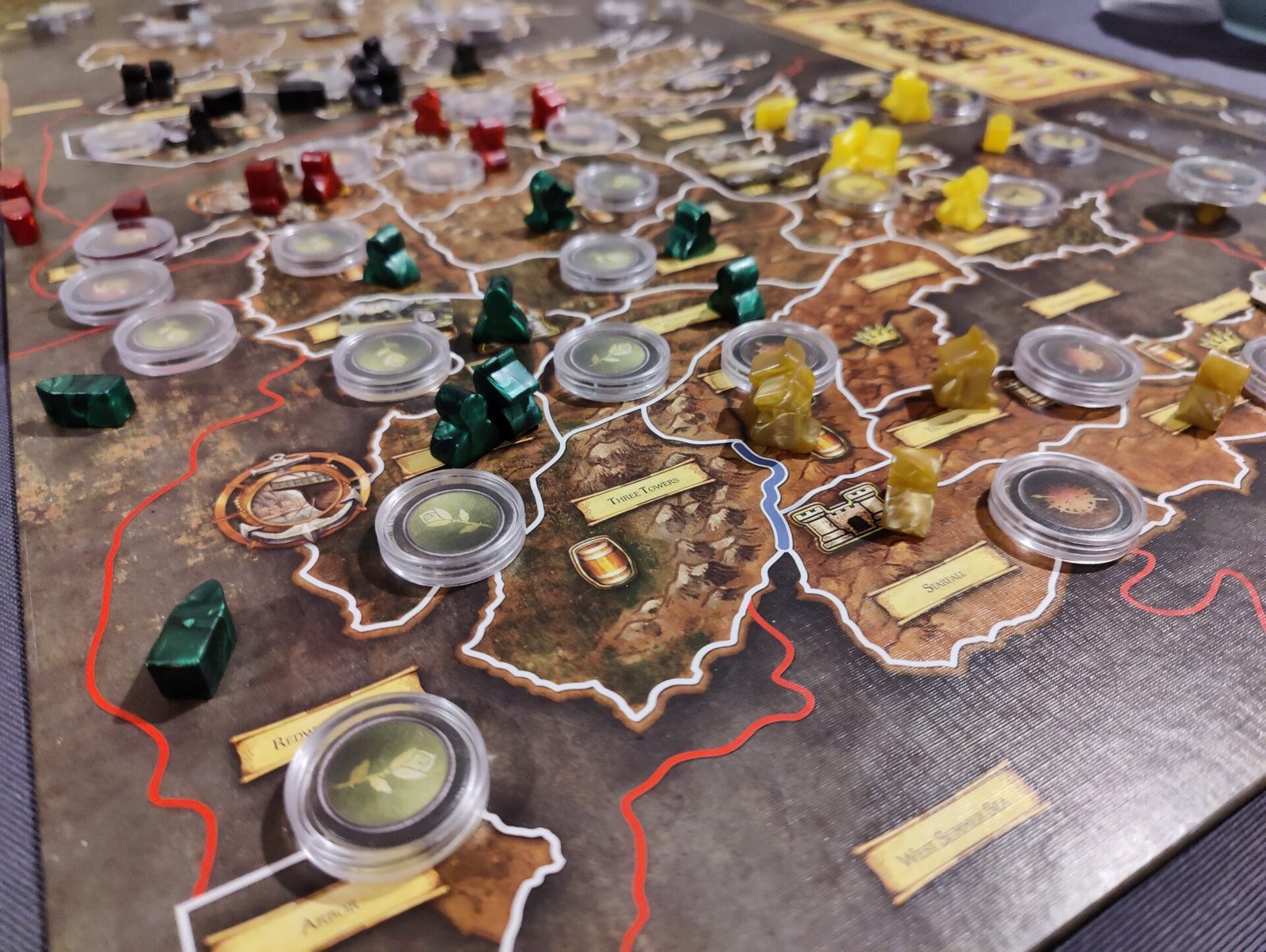
At the beginning of each match, players take on the role of one of the key houses, such as the Starks, Lannisters, Baratheons, Greyjoys, Martells, or Tyrells. The game board itself is a map of Westeros divided into various territories, and your goal is to expand your influence across these lands while keeping an eye on both the political and military landscape. Victory is determined by controlling a set number of strongholds or castles after ten rounds, meaning every decision you make must be carefully considered. Unlike other strategy games that focus on building economies or amassing giant armies, A Game of Thrones: The Board Game forces you to work within limited resources and make strategic plays with a relatively small force.
The game is known for its hidden orders mechanic, which sets it apart from many other strategy games. Each round, players secretly assign orders to their units—whether to attack, defend, support, raid, or consolidate power—before revealing them simultaneously. This mechanic creates a game filled with tension and unpredictability, as you’re never entirely sure what your opponents are planning until it’s too late. The system rewards long-term thinking and the ability to anticipate your rivals’ moves, rather than simply reacting to them. In this way, it mirrors the political maneuvering of the books and TV series, where the most successful players are often those who strike at the perfect moment.
However, strategy alone won’t secure victory. Negotiation and diplomacy are critical. While the game doesn’t have a formal diplomacy phase like Diplomacy or Twilight Imperium, players are free to make agreements, form alliances, and—when the time is right—betray those alliances. This creates an ever-shifting web of trust and deception, as no deal is ever truly binding. In a physical setting, this element is one of the most exhilarating parts of the game, as players must rely on reading body language, voice tone, and subtle cues. The challenge in the digital version is that these social dynamics don’t translate as smoothly when playing with strangers online, which we’ll explore later.
The Digital Adaptation
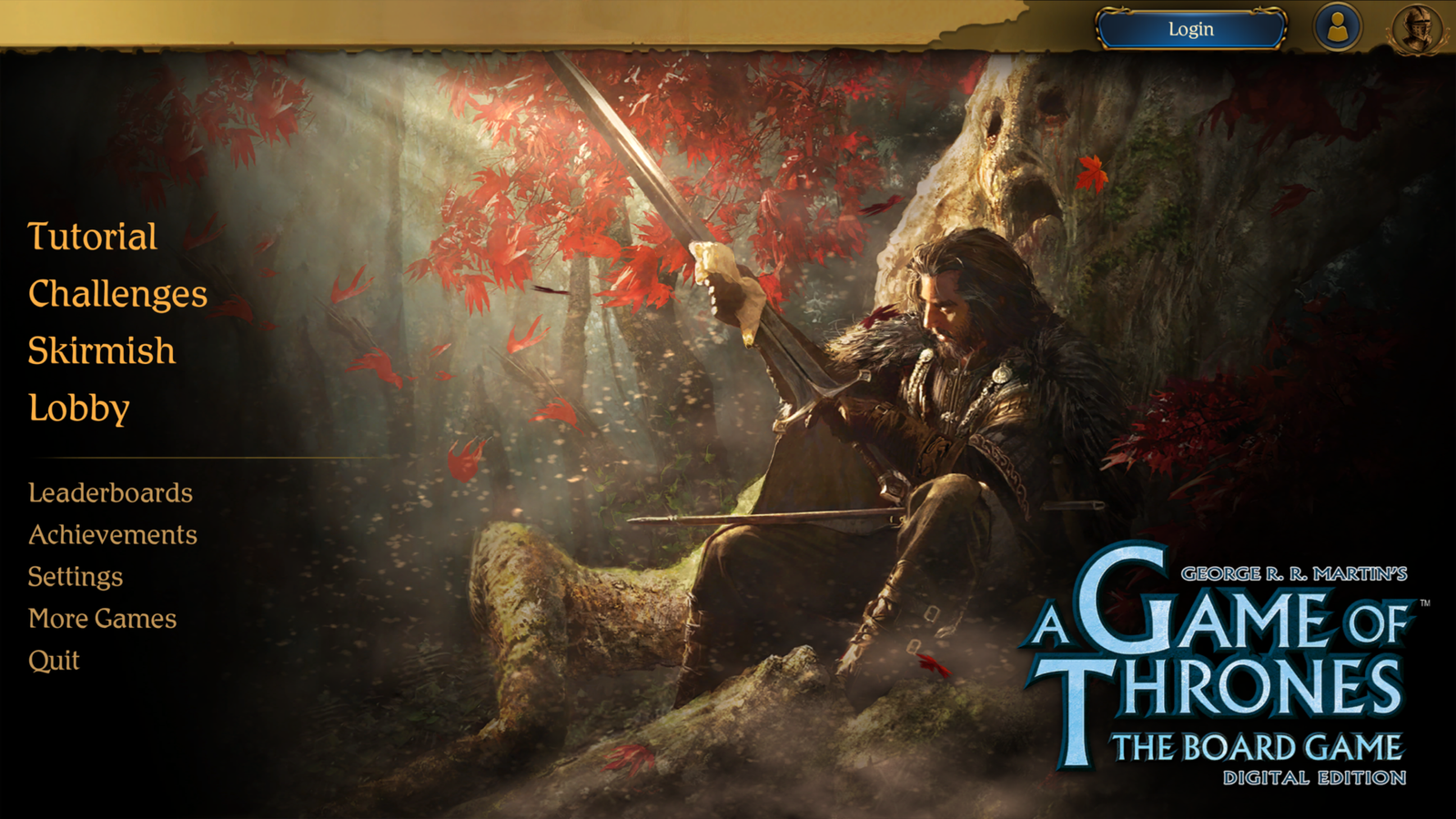
Dire Wolf Digital has done an admirable job bringing the game to the PC platform. The interface is sleek and well-designed, helping to streamline what is otherwise a fairly complex experience. Players can see their available moves at a glance, track territories, and manage orders with relative ease. The tutorial is a welcome addition, making the game far more accessible to newcomers than the physical version, which can be intimidating due to its depth. The game also features AI opponents for those who want to practice solo, which is a great way to hone your strategy before jumping into multiplayer.
The Strengths & Weaknesses

Visually, the game is serviceable but not particularly flashy. The map of Westeros is detailed and thematically fitting, and the UI does a good job of keeping information clear. However, this is a game about deep strategy, not stunning graphics, so while the visuals are functional, they don’t offer much in the way of immersion. Players expecting animated battles or cinematic effects will be disappointed—this adaptation stays true to the board game’s minimalistic approach.
The online multiplayer mode allows players to test their skills against human opponents, which should be the ideal way to experience the game. However, there are some unfortunate drawbacks. One of the biggest issues is frequent disconnections, which can abruptly end a game in progress. Given that A Game of Thrones: The Board Game matches can take hours to complete, losing progress due to a dropped connection can be incredibly frustrating. Additionally, the online player base is relatively small, meaning that finding a match can take longer than expected. And even when you do find a game, there’s always the risk that players will drop out before the end, forcing AI replacements to take over. While this isn’t necessarily a flaw of the software itself, it does impact the experience—after all, part of the fun is engaging in the social dynamics of deception and betrayal, which AI players can’t replicate.
Another missing piece is the Mother of Dragons expansion, which introduces House Targaryen and the Iron Bank, along with new mechanics that significantly enhance the base game. While the digital edition does include the A Dance with Dragons and A Feast for Crows expansions—offering alternative scenarios and victory conditions—the absence of Mother of Dragons is disappointing, especially for fans who enjoyed its additions in the physical version.
Despite these drawbacks, there are aspects where the digital version shines. One major advantage is convenience—there’s no need to spend time setting up a physical board, keeping track of tokens, or handling complex rules manually. The game automatically enforces all mechanics, making it easier to focus on strategy rather than rule enforcement. Additionally, the digital edition includes scenarios directly inspired by the books, such as Tyrion Lannister’s imprisonment and liberation, which add thematic richness.
Conclusio

So, should you buy A Game of Thrones: The Board Game – Digital Edition? That depends. If you’re a fan of deep strategy games and enjoy playing solo or with friends, then this is a solid adaptation that captures much of what makes the board game great. However, if your primary interest is online multiplayer with random players, you may find the experience lacking due to connection issues, unreliable matchmaking, and the difficulty of replicating the board game’s social dynamics in a digital setting.
Given the game’s occasional bugs and missing content, it may be best to wait for a sale before purchasing. Alternatively, players looking for a free alternative might consider Swords and Ravens, an unofficial adaptation that, while lacking animations, offers a more feature-complete experience with all expansions and additional game modes.
Ultimately, A Game of Thrones: The Board Game – Digital Edition is a faithful but imperfect translation of a beloved board game. It succeeds in delivering the core strategy, intrigue, and challenge that fans expect, but technical shortcomings and the limitations of digital diplomacy hold it back from fully realizing its potential. If you have a group of friends willing to commit to a full game, it can be a fantastic experience. But if you’re hoping to capture the magic of in-person alliances and betrayals in an online setting, you may find that, in the digital realm, the game’s most powerful weapon—deception—loses some of its edge.






